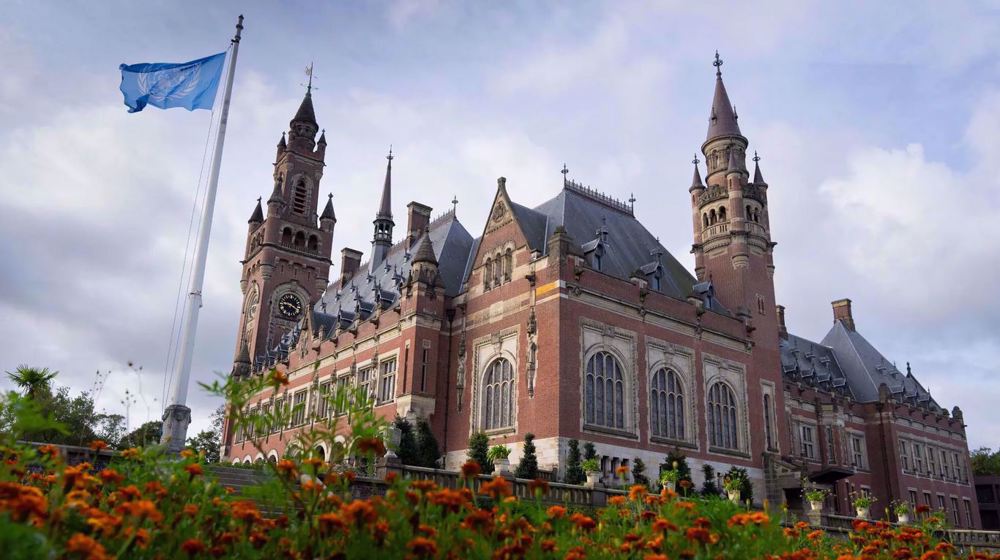Kenya court blocks govt. decision to close world's largest refugee camp
A court in Kenya has ruled against government's decision to close the world’s biggest refugee camp, saying refugees from Somalia will face serious risks if they are forced to return to the war-torn country.
Judge John Mativo said Thursday that Kenya’s internal security minister abused his power by ordering the closure of Dadaab, a camp near the border with Somalia that hosts more than 300,000 refugees.
Mativo said the minister and other officials had “acted in excess and in abuse of their power, in violation of the rule of law and in contravention of their oaths of office.”
The judge added that the “discriminatory” order violated Kenya’s constitution, adding that the order was also against international treaties that urge protection of refugees against being returned to a conflict zone.
Stressing that Kenya’s government had not proved Somalia is safe for the return of the refugees, Mativo ordered that the government’s refugee department, which processes asylum requests, had to reopen, saying its closure was “null and void.”
Major international rights groups, including Amnesty International, had severely criticized the government of Kenyan President Uhuru Kenyatta for ordering the closure.

The Kenyan government insists that the closure of the camp is necessary to prevent attacks orchestrated by Somalia’s al-Shabab Takfiri militant group, which were allegedly carried out by recruits from Dadaab.
Critics say the government has yet to provide conclusive proof about its claims that the camp has been turned into a recruiting ground for al-Shabab.
Refugees were happy about the court decision, with some saying the measure eased pressure on them, especially after a presidential order in the US, which imposed ban on travel from seven Muslim-majority countries, including Somalia.
Some others said the reopening of Kenya’s refugee department could allow registration of their babies as refugees.
Al-Shabab has claimed several attacks in Kenya, including a 2015 attack on Garissa University that killed 148 people, mostly students. The militant group said the attack was carried out in response to Kenya’s military intervention in Somalia.
Kenya sent troops to Somalia in 2011 to fight the militants.
Iran to launch ‘new, advanced’ centrifuges in response to IAEA resolution: AEOI
Yemen fires hypersonic missile at Israeli airbase
VIDEO | New Delhi chokes under toxic smog as air quality remains at hazardous levels
VIDEO | Press TV's news headlines
VIDEO | ICC's arrest warrant for Netanyahu to worry Western politicians: Former British diplomat
Iranians protest against Israel after Netanyahu ICC warrant
Germany undecided on complying with ICC arrest warrants for Israeli war criminals
VIDEO | Former FBI agent criticizes US Congress for 'outright corruption'












 This makes it easy to access the Press TV website
This makes it easy to access the Press TV website